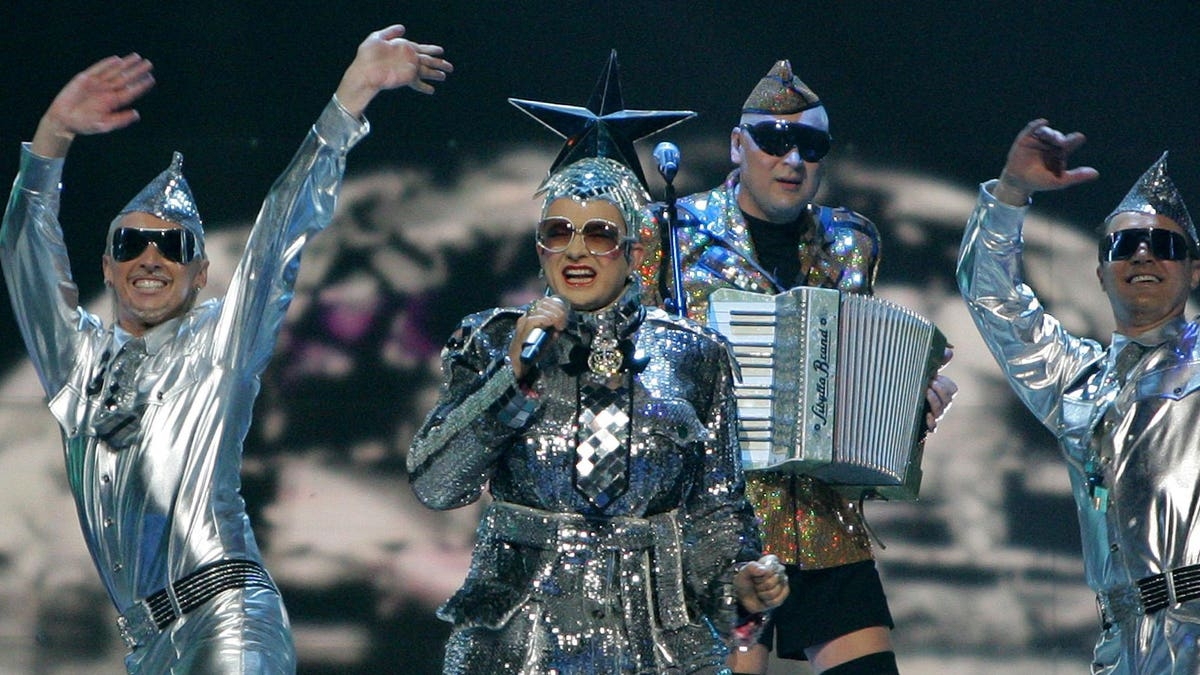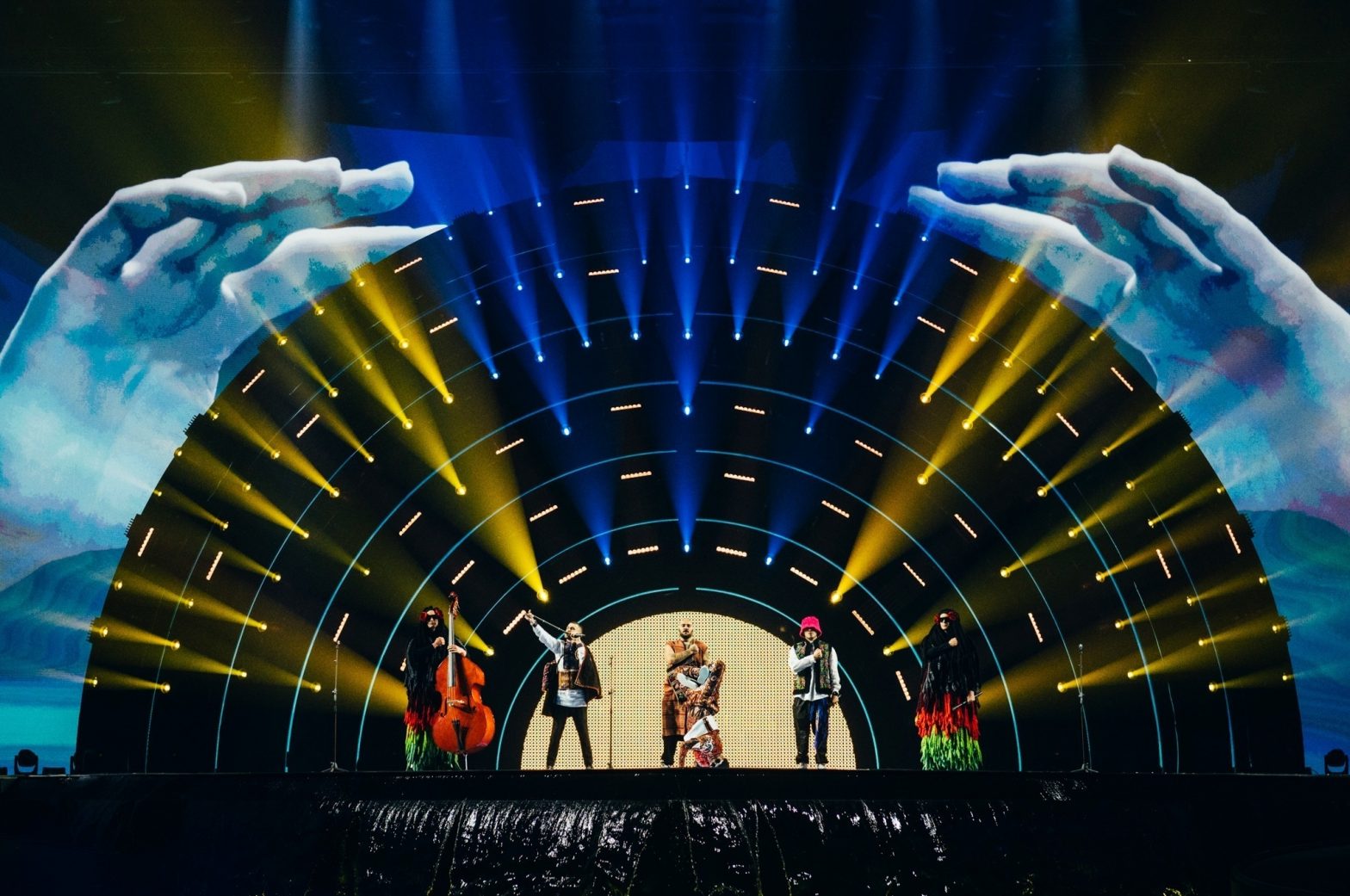The Eurovision Song Contest, one of the most iconic and anticipated music competitions, is back in Britain after more than two decades. This year’s edition promises to be a spectacle like no other, with its unique blend of kitsch and talent. For those unfamiliar with Eurovision, understanding its intricacies can be a bit perplexing. Fear not, for we have you covered. Here’s a comprehensive guide for first-timers on what you need to know about Eurovision and how to follow the grand final on Saturday.
Eurovision, in its simplest form, is an international singing competition organized by the European Broadcasting Union (EBU). Held annually, the contest is hosted by the previous year’s winning country. It consists of two semi-finals and a grand final, where participating countries showcase their musical prowess in a battle for the coveted Eurovision crown.
The origins of Eurovision hold a noble purpose. Conceived as a means to unite a war-torn continent, the contest’s early years saw the participation of seven countries. Today, nearly 40 countries compete, including those on the fringes of Europe, such as Morocco, Jordan, Israel, and even Australia, which received a special invitation to join the Eurovision family.
So why is Eurovision being held in the UK this year? Interestingly, it’s the first time the contest is hosted on behalf of another nation. Ukraine’s Kalush Orchestra emerged victorious in the previous edition, garnering widespread support across Europe. However, due to Russia’s ongoing invasion, Ukraine couldn’t host the event. As the runner-up, the UK was asked to step in and host the competition. Liverpool, known as the home of the Beatles, was selected as the host city, and the entire city has transformed itself to embrace the Eurovision spirit. Ukrainian-themed displays adorn the streets, and 3,000 discounted tickets were made available to displaced individuals from Ukraine, highlighting the contest’s spirit of solidarity.
Understanding how Eurovision works is essential to fully immerse oneself in the competition. The grand final will feature 26 countries competing for the title, including five automatic qualifiers (France, Germany, Italy, Spain, and the United Kingdom) and last year’s winner, Ukraine. Each participating country presents a three-minute song, which can be performed in any language. Singers don’t necessarily have to be citizens of the country they represent, adding an element of diversity and surprise to the performances. Following the musical extravaganza, every country awards points to their favorite acts, with scores determined by a combination of expert jury votes and public voting. This thrilling process unfolds live, with each country’s spokesperson revealing the scores, creating an exhilarating journey across European capitals via satellite link.
The magnitude of Eurovision cannot be overstated. Last year, a staggering 161 million people tuned in to watch the event, making it one of the world’s largest live music broadcasts. Certain regions within Europe, such as Scandinavia, have a longstanding obsession with Eurovision, boasting an impressive list of past winners. In Iceland, almost 97% of televisions were tuned in to watch Eurovision, a testament to its cultural significance. While Ireland holds the record for the most wins with seven victories, Sweden is only one victory away from equaling that record. Notably, Monaco holds the distinction of being the smallest country to have won, achieving a David vs. Goliath triumph in 1971.
One of Eurovision’s distinguishing features is its eclectic and eccentric performances, which contribute to its charm and unique style. In recent years, viewers have witnessed heavy metal acts, Norwegian techno duos dressed as yellow wolves, rapping Montenegrin astronauts, and all-female Polish groups churning butter during their performances. Iconic performances like Ukrainian superstar Verka Serduchka’s.

Continuing its storied legacy as one of the most anticipated events on the global music stage, the Eurovision Song Contest returns to captivate audiences with its eclectic mix of talent, unforgettable performances, and, of course, its trademark blend of exhilaration and eccentricity. As the curtains rise on this year’s edition, held in the historic city of Liverpool, the anticipation reaches unprecedented heights, setting the stage for a memorable celebration of musical diversity and cultural exchange.
For the uninitiated, Eurovision can be a whirlwind of colorful characters, catchy melodies, and a unique voting system that adds an intriguing layer of unpredictability to the proceedings. Rooted in its noble origins of fostering unity and healing post-war divisions, the contest has evolved into an international phenomenon that transcends borders, showcasing the rich tapestry of musical talent across Europe and beyond.
The participating countries, numbering over 40 this year, represent a kaleidoscope of cultures, languages, and musical genres. From power ballads to upbeat pop anthems, from folk-inspired melodies to avant-garde experiments, the Eurovision stage becomes a melting pot of artistic expression, where artists unleash their creativity and vie for the coveted trophy.
Each nation’s three-minute performance becomes a theatrical spectacle, complete with dazzling stage designs, flamboyant costumes, and innovative choreography. From intimate solo acts to grandiose ensembles, the artists command the spotlight, pouring their hearts and souls into captivating the audience and leaving a lasting impression. It’s a mesmerizing display of showmanship and passion that highlights the diversity of European music and celebrates the power of performance.
But Eurovision is more than just a musical competition. It’s a cultural phenomenon that unites millions of viewers across the globe, forging a shared experience that transcends language barriers and geographical boundaries. The contest has become a platform for national pride, a showcase of creativity, and a source of joy and entertainment for fans who eagerly gather to witness this annual extravaganza.
The voting process, both revered and criticized, adds a thrilling layer of suspense and excitement to the proceedings. As each country announces its scores, the tension rises, and the audience eagerly awaits the results. Political alliances, regional biases, and unexpected surprises often shape the outcome, making Eurovision an unpredictable rollercoaster ride where underdogs can emerge victorious and favorites may fall short.
Beyond the glitz and glamour, Eurovision serves as a reflection of Europe’s ever-evolving cultural landscape. It offers a stage for marginalized voices, celebrates diversity and inclusivity, and encourages dialogue among nations. It is an opportunity for countries to showcase their unique cultural identities and bridge gaps, fostering a sense of unity and understanding in a world that often seems divided.
As the grand final approaches, fans and first-time viewers alike can immerse themselves in the magic of Eurovision through various platforms and broadcasts. From the host broadcaster, the BBC, to international streaming services, the contest’s reach extends far and wide, ensuring that audiences across the globe can revel in the spectacle and become part of the collective experience.
In an era where music has the power to transcend boundaries and ignite passions, Eurovision stands as a testament to the universal language of melody and rhythm. It reminds us that amidst the challenges and complexities of our world, there is still room for celebration, harmony, and the joyous pursuit of artistic expression. So, as the stage is set, the performers take their positions, and the world watches with bated breath, Eurovision 2023 promises to be a dazzling showcase of talent, an embodiment of unity, and an exhilarating journey into the heart of European music.
©world-news.biz
